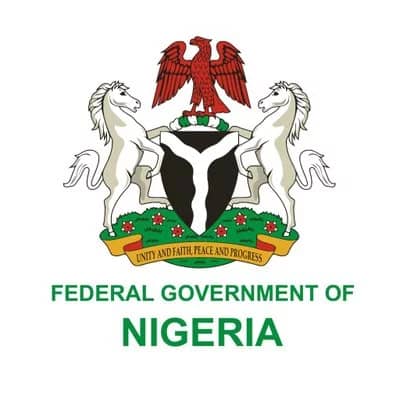No Tax ID, No Business: FG Expands Tax Net With New Law
From January 1, 2026, Nigerians and non-residents will no longer be able to open or operate bank accounts without a Tax Identification Number (Tax ID), in line with the provisions of the Nigeria Tax Administration Act, 2025, recently signed into law by President Bola Ahmed Tinubu.
The new legislation makes Tax IDs mandatory not only for banking but also for a wide range of financial and business activities, including insurance, stock market dealings, and contracts with federal and state governments.
According to the Act, every taxable person must register with the relevant tax authority to obtain a Tax ID card, while all ministries, departments, and agencies across federal, state, and local governments are equally mandated to secure Tax IDs.
Non-resident individuals and companies supplying taxable goods and services in Nigeria are also required to register and pay tax in the country. The Act empowers tax authorities to issue a Tax ID to those who fail to apply or to reject an application based on insufficient information, provided the applicant is notified within five working days.
The law further compels business owners who suspend or permanently shut down operations to notify the tax authority within 30 days, after which their Tax ID will either be placed on dormant status or deregistered entirely.
In addition, the Act establishes the Nigeria Revenue Service (NRS) as the central tax authority. The Service will be overseen by a Governing Board chaired by an Executive Chairman appointed for a renewable four-year term. To sustain its operations, the NRS will receive four percent of all revenues collected, excluding petroleum royalties.
With this sweeping reform, the Federal Government aims to modernize tax administration, expand the tax net, and increase national revenue, while also strengthening compliance across both the public and private sectors.

